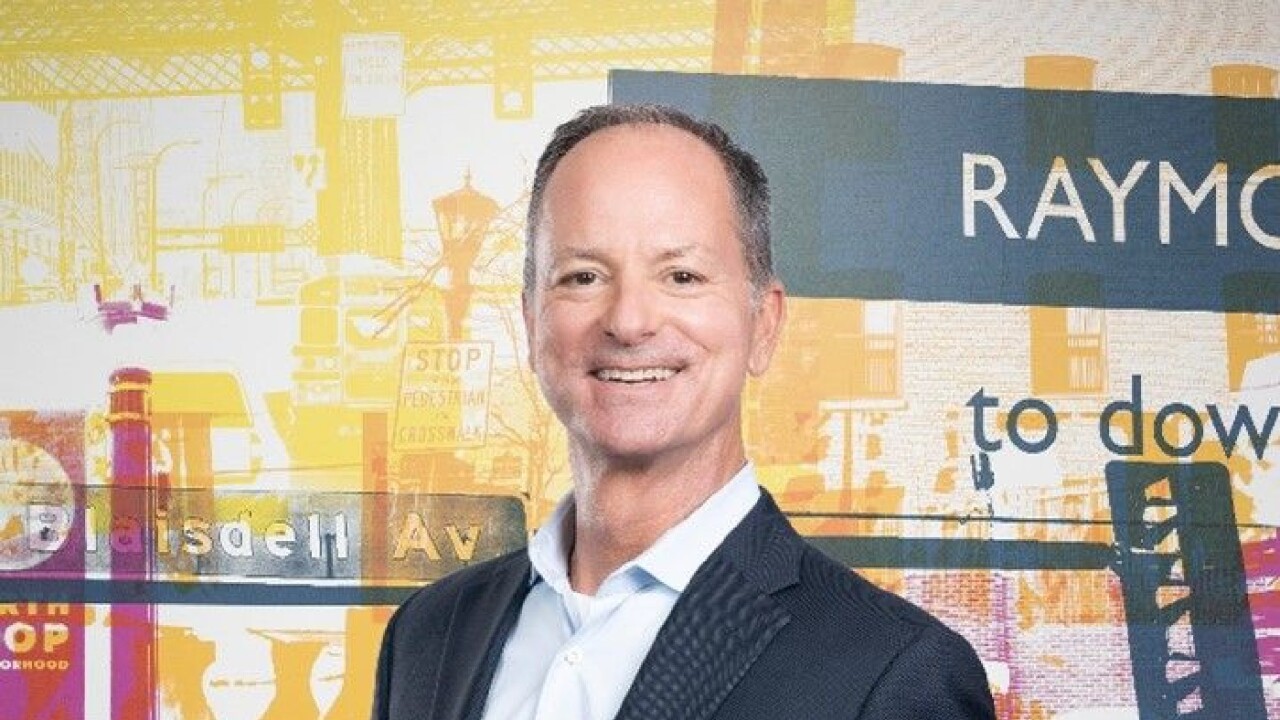U.S. central bankers said the next phase in their campaign to curb inflation will be to debate how high to raise interest rates and when to slow the pace of increases.
St. Louis Fed President James Bullard and San Francisco Fed chief Mary Daly both stressed the need to keep tightening policy with inflation at a 40-year high, while suggesting more caution next year.

Their comments at separate events Friday come as officials are about to enter their blackout period ahead of their Nov. 1-2 policy meeting. Both of them made clear they expect the discussion to be on the table at that gathering.
"You've come off zero. You've gone to this much higher level of the policy rate. But once you're at the right level, then you can just make minor adjustments at that point — maybe to stay where you are, maybe to go a little bit higher, based on incoming data," Bullard said in an interview with Wharton Business Radio on SiriusXM.
"This judgment about where you need to be to put meaningful downward pressure on inflation, I think that's a key part of the policy debate in the next two meetings," he said, citing models pointing to 4.5%-4.75% rates and bets in markets of a 5% peak.
Bullard votes on monetary policy this year.
Fed officials are expected to raise rates by 75 basis points next month for the fourth straight meeting with investors betting on either the same again or a 50-basis-point move in December.
Daly said that policymakers should start planning for a reduction in the size of rate increases, though it's not yet time to "step down" from large hikes.
"It should at least be something we're considering at this point, but the data haven't been cooperating," Daly said during a moderated discussion hosted by the University of California, Berkeley. At the November meeting, "we might find ourselves, and the markets have certainly priced this in, with another 75-basis-point increase, but I would really recommend people don't take that away as, it's 75 forever."
A slowdown to more incremental increases of 50 or 25 basis points will be appropriate as the Fed's benchmark rate gets closer to its terminal level for this hiking cycle, Daly said.
Fed forecasts released last month showed officials expecting rates to reach 4.4% this year and 4.6% in 2023, suggesting the pace of hikes will slow to 50 basis points in December and then downshift to 25 basis points early next year.
Since then, disappointing news on inflation showing core consumer prices rising to a 40-year high of 6.6% in September has led some officials to suggest a higher peak may be needed to cool demand and reduce price pressures.
"We need to be thoughtful in how restrictive we need to be and that means we need to be data dependent," said Daly, who does not vote on policy this year.






